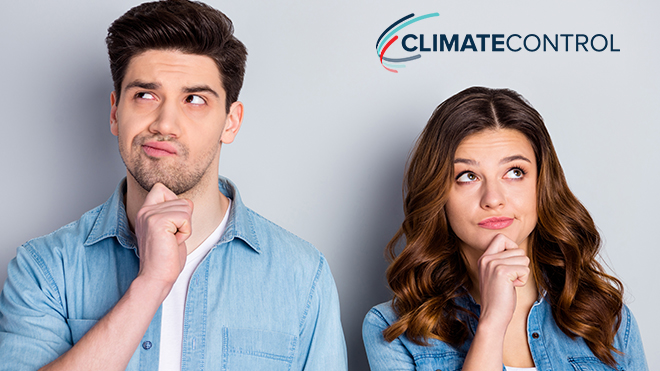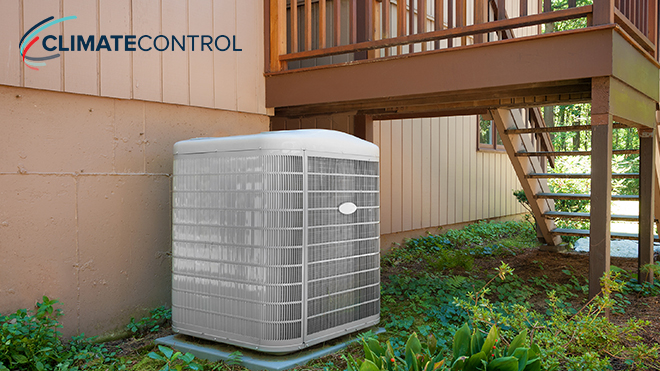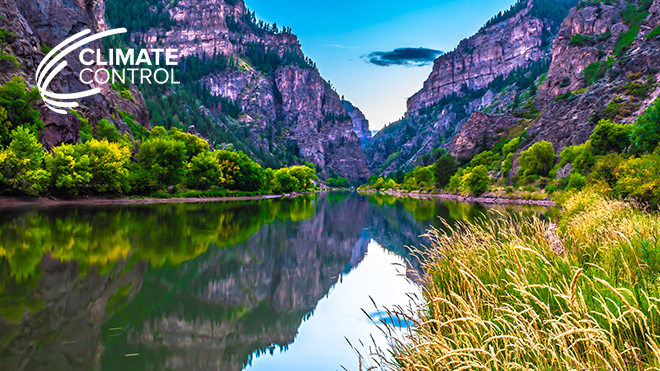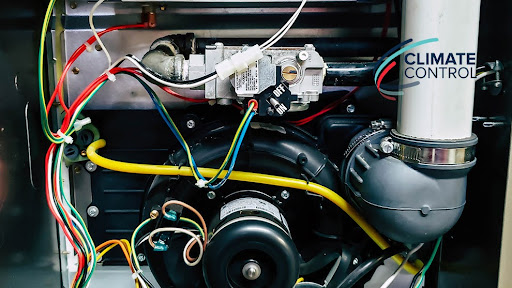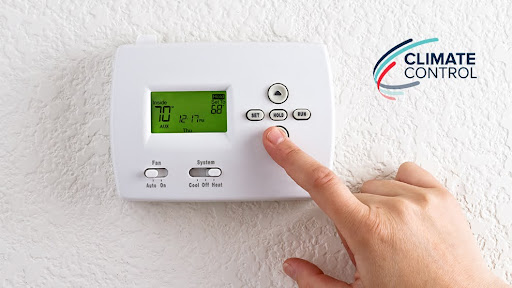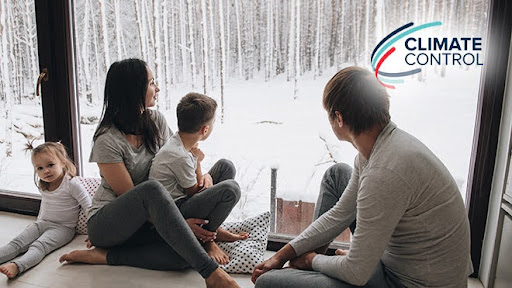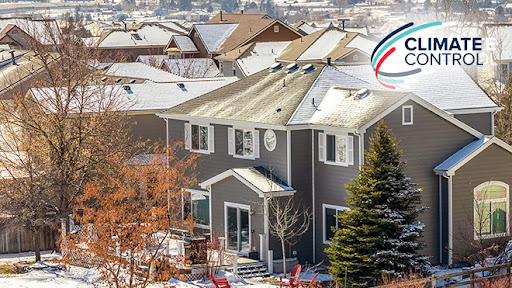Auxiliary Heat – Frequently Asked Questions
Climate Control Company has served the homeowners in the Glenwood Springs and Vail and Roaring Fork Valleys of Colorado since 1956. We have a team of trained Comfort Specialists, Customer Service Representatives and Skilled Technicians to handle every heating or cooling need you may have.
To help you as we provide the top-notch service you deserve, we strive to provide all the information you need to make informed decisions about your home comfort. One area that we’re often asked about is auxiliary heat.
Here are some frequently asked questions about auxiliary heat:
What is auxiliary heat and how does it work?
It is a secondary heating source typically used in conjunction with a heat pump. It’s typically used when the outdoor temperature drops below the heat pump’s optimal range. In this case, the auxiliary heat will turn on to supplement the heat pump and help maintain a comfortable indoor temperature.
Why do I need auxiliary heat?
It is necessary for heat pump systems because heat pumps become less efficient when the outdoor temperature drops below 40 degrees Fahrenheit. As a result, they may not be able to provide enough heat to keep the space warm on their own. It helps to make up for this reduced efficiency and ensures that the space and its occupants stay warm and comfortable.
How do I know when my auxiliary heat is on?
There are a few signs that your auxiliary heat may be on:
- You may hear a clicking noise when it turns on.
- You may notice that your energy bills are higher than usual.
- You may feel a sudden burst of warmth in the room when it turns on.
How can I minimize the use of my auxiliary heat?
- Make sure your thermostat is set to the right temperature.
- Keep doors and windows closed to prevent drafts.
- Use draft stoppers on doors and windows.
- Insulate your home to keep heat in and cold out.
- Keep curtains and blinds closed at night to reduce heat loss through windows.
Is it normal for it to run all the time?
No. If you notice this, there could be a problem with your heat pump or thermostat.
Is it expensive to run?
It can be if electricity rates are high in your area and the outdoor temperatures are low enough that the heat pump is depending on the auxiliary heat to maintain the desired indoor temperature.
For answers to other questions about your heating system or any other home comfort need, contact Climate Control Company.

